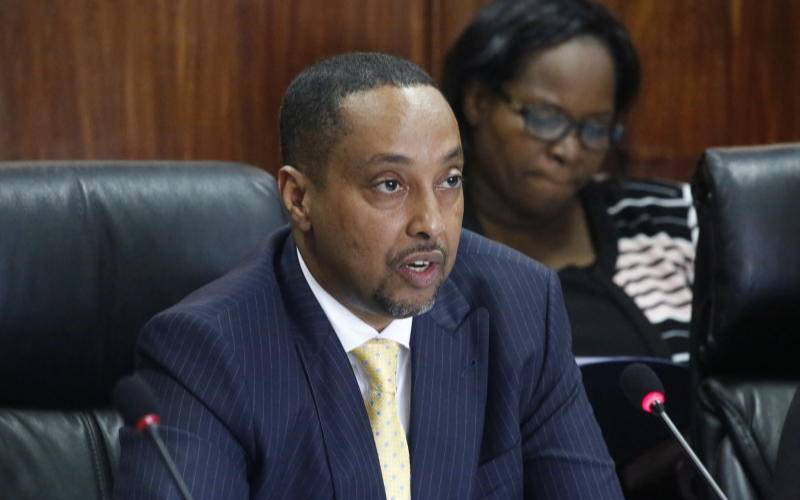×
The Standard e-Paper
Join Thousands Daily

East African Community (EAC) Affairs Principal Secretary Abdi Dubat when he appeared before the Public Accounts Committee (PAC) at the Parliament Buildings, Nairobi. April 17, 2023. [Elvis Ogina, Standard]
The East African Community (EAC) has embarked on stakeholder engagement to realise a Political Confederation.